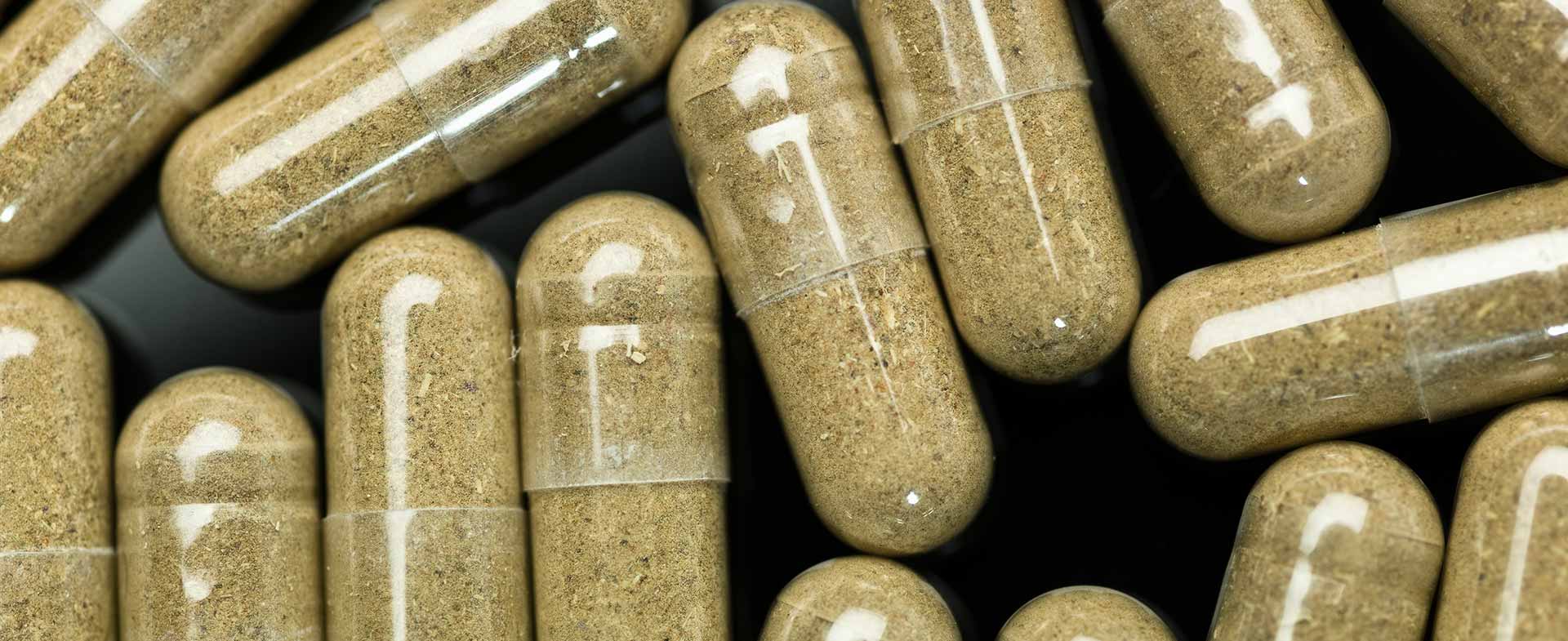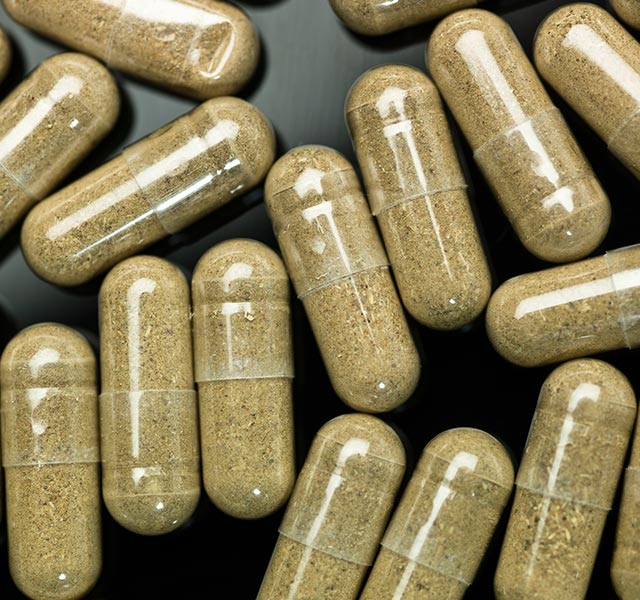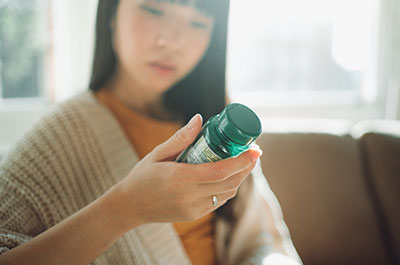Social media is full of ads for supplements like herbs, botanicals and high-dose vitamins, with many promising miracle cures for health issues. Anyone can buy these supplements online or in stores without a prescription, so they must be safe, right?
Unfortunately, supplements aren’t always harmless, and their widespread use has led to an increase in liver damage. Henry Ford Health hepatologist Humberto Gonzalez, M.D., explains how supplements can damage your liver and what to do if you take supplements.
Are ‘Natural’ Supplements Safer Than Medications?
If you’ve always assumed “natural” means safe, you’re not alone. Many people think that taking something that comes from a plant is safer than a drug made in a lab. But this isn’t always the case—and often, the opposite is true.
“Many plants contain powerful compounds that can have medicinal effects and unwanted side effects,” says Dr. Gonzalez. “And though herbs can act like medicines, they don’t receive the same government oversight and regulation.”
Drugs, both over-the-counter and prescription, go through a multistep approval process and clinical trials, but supplements don’t. “When you take an FDA-approved drug, you are getting the exact dose and ingredients that are listed on the label,” says Dr. Gonzalez. “Supplements don’t have to be tested for dosage, safety, purity or effectiveness before they end up on store shelves.”
Because there is looser FDA oversight on supplements, you don’t always know what you’re getting. “The bottle might say you’re getting 200 milligrams of an herb, but it could be a different amount,” says Dr. Gonzalez. “The supplement could also contain things that aren’t listed on the label, such as harmful contaminants.”

Need A Liver Specialist?
How Supplements Affect Your Liver
Your liver is a filter and waste management system that metabolizes (breaks down) what you consume, from food to medications. “When you eat a meal or take a medicine or supplement, your liver converts the substances into useful products or waste,” explains Dr. Gonzalez.
If you take a supplement that contains toxins or unsafe levels of certain ingredients, your liver can get overwhelmed. “High doses of certain vitamins and herbs are too much for your liver to process,” says Dr. Gonzalez. “Your liver’s cells become inflamed and damaged and can no longer do their job efficiently.”
Supplements can also compete for your liver’s attention if you take regular medications, which can be dangerous. “If your liver is busy processing a supplement, it may not also be able to process your medication,” Dr. Gonzalez explains. “This can make your medication less effective or more potent.”
So if you have high blood pressure, for example, a supplement could interfere with your medication and cause an uncontrolled blood pressure spike. “Even if the supplement itself isn’t toxic, it can cause toxicity if it affects your important medications,” says Dr. Gonzalez.
Which Supplements Cause Liver Damage?
Many supplements can cause liver damage if you take them in high enough doses. And a few supplements stand out as the most common culprits:
- Black cohosh: People use this herb to treat menopausal symptoms like hot flashes, but it may lead to liver damage in some people.
- Bodybuilding or fat loss supplements: Some of these products contain hidden steroids or other potentially toxic ingredients.
- Green tea extract: Green tea supplements may contain very concentrated amounts of catechins, antioxidants that can be toxic to your liver in high doses.
- Kava: Touted as an anti-anxiety supplement, kava is a plant root that may harm your liver if you take it long-term or in high doses.
- St. John’s wort: This herbal remedy for depression contains hypericin and hyperforin, compounds that can damage liver cells.
- Turmeric/curcumin supplements: Curcuminoids are anti-inflammatory compounds that give turmeric its yellow color. Though they’re safe in small amounts found in food, supplements can contain toxic levels that your liver can’t handle.
How Can You Avoid Liver Damage from Supplements?
“Tell all your healthcare providers, including your primary care provider and any specialists, about your supplements,” says Dr. Gonzalez. “It may be helpful to take pictures of the supplement labels so your provider can see exactly what it is. They can let you know whether those supplements are safe based on your specific health needs.”
If your provider gives you the go-ahead, only take the dosage they recommend. “It can be tempting to take a higher dose, but more is not better,” says Dr. Gonzalez. “Also keep in mind that different brands may contain different strengths, so read the labels carefully.”
Finally, don’t rely on advertisements, testimonials or advice from others to determine the safety of supplements. These stories may be convincing, but they’re not based on scientific evidence.
“Just because one person took 2,500 milligrams of turmeric without any problems doesn’t mean it is safe for you,” says Dr. Gonzalez. “Everyone’s body is different. It’s better to play it safe and ask your doctor, rather than risk irreversible liver damage.”
Reviewed by Humberto Gonzalez, M.D., a hepatologist who sees patients at Henry Ford Hospital in Detroit, Henry Ford Medical Center-Columbus and Henry Ford Medical Center-Fraser.



